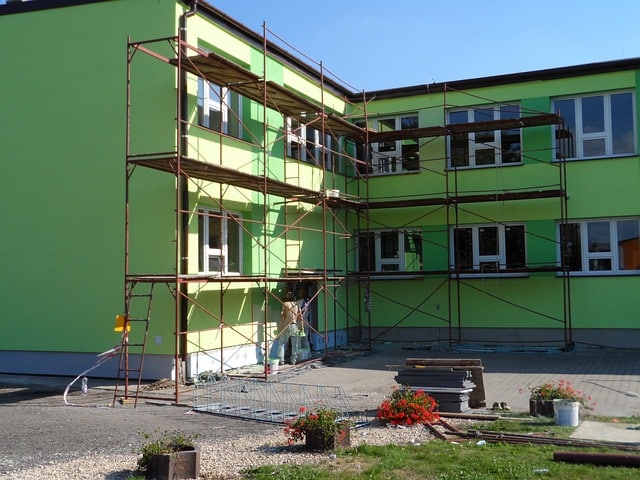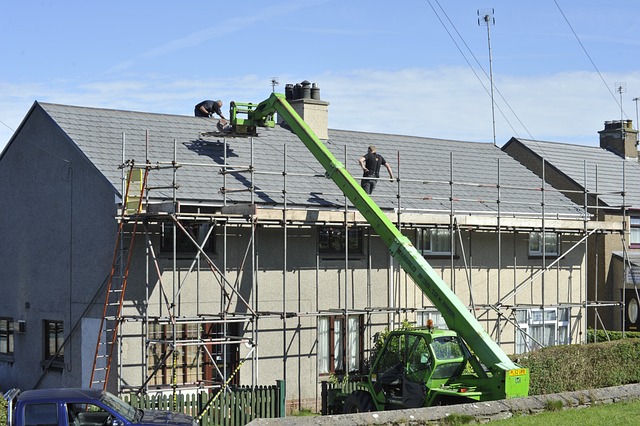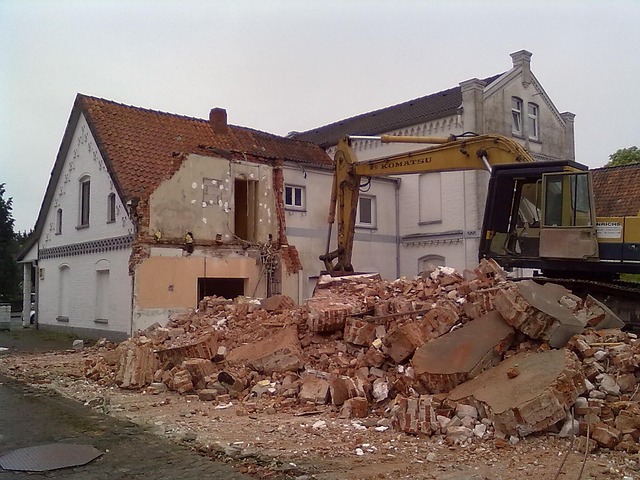The UK’s ever-evolving property landscape has seen a surge in the conversion of commercial properties into residential units. Driven by factors like changing demographics, urban regeneration, changing working habits post-COVID and a shortage of housing, vacant commercial properties can present exciting opportunities for investors and developers across London and the South East.
However, transforming a formerly bustling office or shop into a vibrant, comfortable and inviting residential complex requires careful planning and consideration, particularly when securing development finance. In this guide, we’re going to explore some of the considerations required when converting commercial property into residential, and how this can affect your funding.
The Challenges and Considerations of Commercial-to-Residential Conversion
Converting commercial to residential presents unique challenges compared to ‘standard’ property development. These can present opportunities, especially when it comes to the design of your development, but it can also add some complexity, and therefore cost. Here are some key considerations:
Planning Permission: Obtaining planning permission for commercial to residential property conversion can be complex, time-consuming and costly. Factors like the proposed building layout, density, parking provision, fire safety and the impact on surrounding infrastructure must all be considered.
Change of Use From Commercial to Residential: Your local authority will likely require detailed plans on the change of use regarding any specific requirements they have. There will likely also be paperwork and costs associated with registering new properties.
Building Regulations: Commercial properties may have been built to different regulations than residential ones. You must comply with all applicable building regulations for residential dwellings, including fire safety, accessibility, and energy efficiency.
Structural Integrity: Assess the building’s structural capacity to handle residential use and potential weight loads from additional floors or extensions. Again, commercial properties will have been designed with a different use in mind, and it’s important that the building itself can cope with the change. Unfortunately, this adds a further layer of complexity to the project.
Utilities and Infrastructure: Like the structure itself, the utilities will have been designed and spec’d for commercial use. Evaluate the existing infrastructure for suitability and potential upgrades needed for residential occupancy, such as water, gas, electricity, and waste disposal. You will also need to consider other utilities such as phone and internet connectivity.
Sustainability: Consider incorporating sustainable features and materials to enhance the property’s appeal and long-term value. Incorporating the latest insulation, green technology and sustainable building materials can make the properties more desirable on the market.
Higher Project Costs: Converting existing commercial structures typically involves higher costs compared to building new ones due to renovation work, potential infrastructure upgrades, and adherence to stricter regulations.
Securing Planning Permission For Commercial to Residential Conversions
Planning permission for commercial property conversions can be a complex process, so it’s vital to engage with the local authority early to discuss your plans and identify initial concerns. Assuming you have a property in mind, you should then conduct a thorough investigation of it and the surrounding area, including land ownership, environmental aspects, and existing infrastructure such as roads and public transport.
Once this process has been completed, it’s time to develop your plans and specifications for the project, including compliance with building regulations and any planning constraints placed by the local authority. It’s also at this stage that you determine your total costs, including the potential purchase of the property, and start planning how it will be financed, before presenting the proposals to the planning authority for approval.
Financing Your Commercial Conversion Project
Development finance plays a critical role in funding commercial-to-residential conversions. There are lots of potential risks and complexities that need consideration. Here at Hunter Finance, we have successfully funded several commercial to residential conversions and are uniquely placed to help with your development finance.
In many ways, our lending process and lending criteria are the same regardless of the project. We will still need to see a thoroughly costed plan and construction timetable, as well as a clearly defined exit strategy. This could include the sale of the property as a whole, the sale of the individual apartments, or an ongoing rental income.
The South East Advantage
The South East of the UK presents unique opportunities for commercial-to-residential conversions due to its diverse urban areas, regeneration projects, and growing demand for housing. People moving out from London over the previous few years has meant that satellite and commuter towns now have a large demand for properties for sale or rental.
Converting commercial property to residential offers exciting possibilities for investors and developers, but it requires thorough planning, a deep understanding of regulations, and access to suitable financing. Contact us today to find out how we can help fund your next project.






